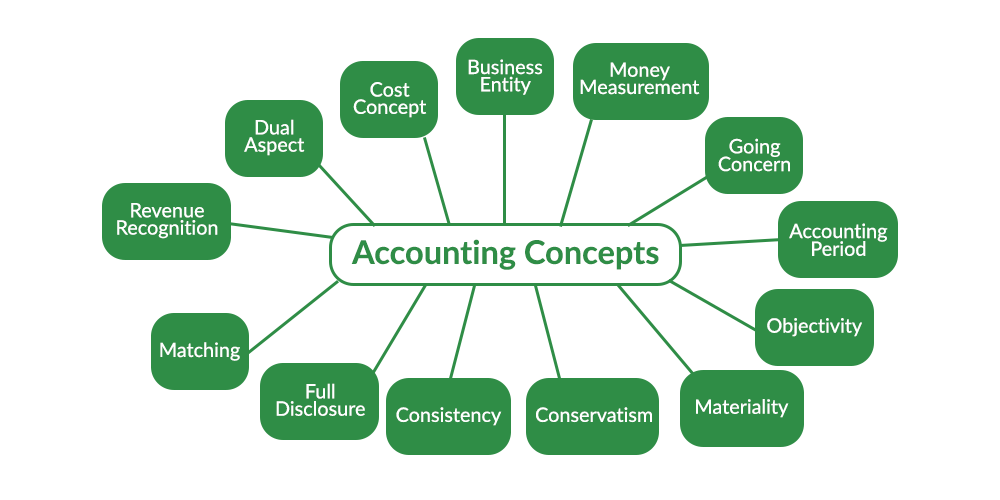Understanding the essentials of financial education can significantly enhance one’s ability to navigate the economic challenges of modern life. This fundamental knowledge empowers individuals to make informed decisions, leading to a more secure and prosperous future.
In this insightful post, we dive into the key concepts that underpin financial literacy, aiming to provide valuable knowledge that can be applied in everyday life. Join us as we explore these critical foundations.
Understanding Budgeting and Saving
Budgeting and saving are the cornerstones of sound financial education. Grasping the importance of tracking your income and expenses allows for more controlled and conscious spending. Budgeting ensures that you are never caught off-guard by unexpected expenses, while saving equips you with a financial safety net for the future.
Implementing an effective budgeting strategy and cultivating a habit of regular saving can transform your financial health, enabling you to reach your financial goals and withstand economic uncertainties.
Tools and apps designed for budgeting and savings tracking can be extremely helpful in this process, offering insights into spending patterns and helping prioritize expenses.
Credit Management
Understanding credit and how to manage it effectively is another pivotal aspect of financial education. Good credit management includes knowing how to read a credit report, understanding credit scores, and using credit cards responsibly.
Mismanagement of credit can lead to overwhelming debt and financial instability. Hence, learning how to leverage credit without falling into debt traps is essential for maintaining financial health.
Investing Fundamentals
Investing might seem daunting to beginners, but it’s a crucial element of growing your wealth. Understanding the basics of the stock market, bonds, mutual funds, and retirement accounts can set the foundation for future financial security.
Starting with small, low-risk investments can be a prudent approach to familiarizing yourself with the investment world. As confidence and knowledge grow, more significant investments can be explored.
Diversification and consistent investing over time are strategies that have been shown to minimize risks and improve potential returns.
Debt Management
Effective debt management is integral to financial literacy. Understanding the difference between good debt and bad debt, and knowing strategies to manage and eliminate debt, is crucial to achieving financial freedom.
Setting up a structured repayment plan and considering options like debt consolidation or refinancing can be helpful in managing debt more effectively.
Remember, paying off high-interest debt should typically be a priority as it can free up more resources for saving and investing.
Understanding Taxes
Taxes are an inevitable aspect of financial life that, when understood correctly, can be managed more efficiently. Knowledge of tax allowances, deductions, and credits can lead to significant savings and prevent costly errors.
Utilizing tax planning strategies and understanding the implications of different types of income can help in optimizing your tax situation.
Risk Management and Insurance
Insurance is a key component of risk management, offering protection against financial losses due to unforeseen events. Understanding the different types of insurance—health, life, property—and determining what coverage is necessary ensures you and your family are adequately protected.
Evaluating your insurance needs periodically and adjusting coverage as your life circumstances change is wise financial practice.
Retirement Planning
It’s never too early to start planning for retirement. Understanding retirement savings options, such as 401(k)s, IRAs, and other pension plans, is essential for securing financial stability in your later years.
Contributing consistently and taking advantage of any employer-matching programs can significantly impact your retirement savings pool.
Estate Planning
Estate planning is often overlooked in financial education discussions but is integral to ensuring that your wealth is distributed according to your wishes after you pass away. It involves setting up wills, trusts, and healthcare directives, among other tools.
Seeking professional advice for estate planning can ensure that your assets are protected and your loved ones are taken care of according to your desires.
Financial education encompasses a broad range of crucial topics, from budgeting and saving to estate planning. By mastering these key concepts, individuals can take control of their financial destiny, leading to a more secure and prosperous life. Always remember, becoming financially educated is a journey, not a destination. Continual learning and adaptation are key to lifelong financial well-being.


